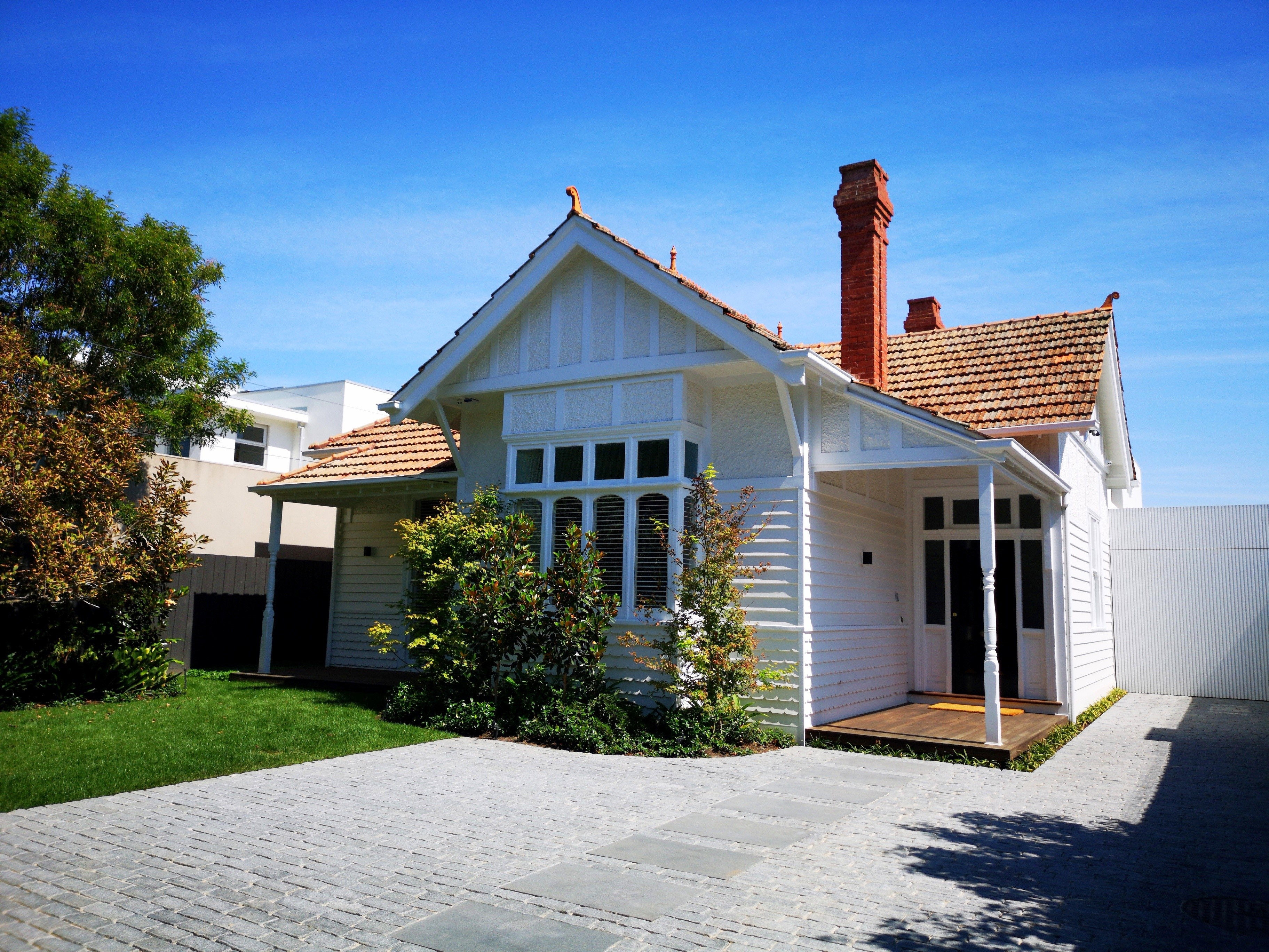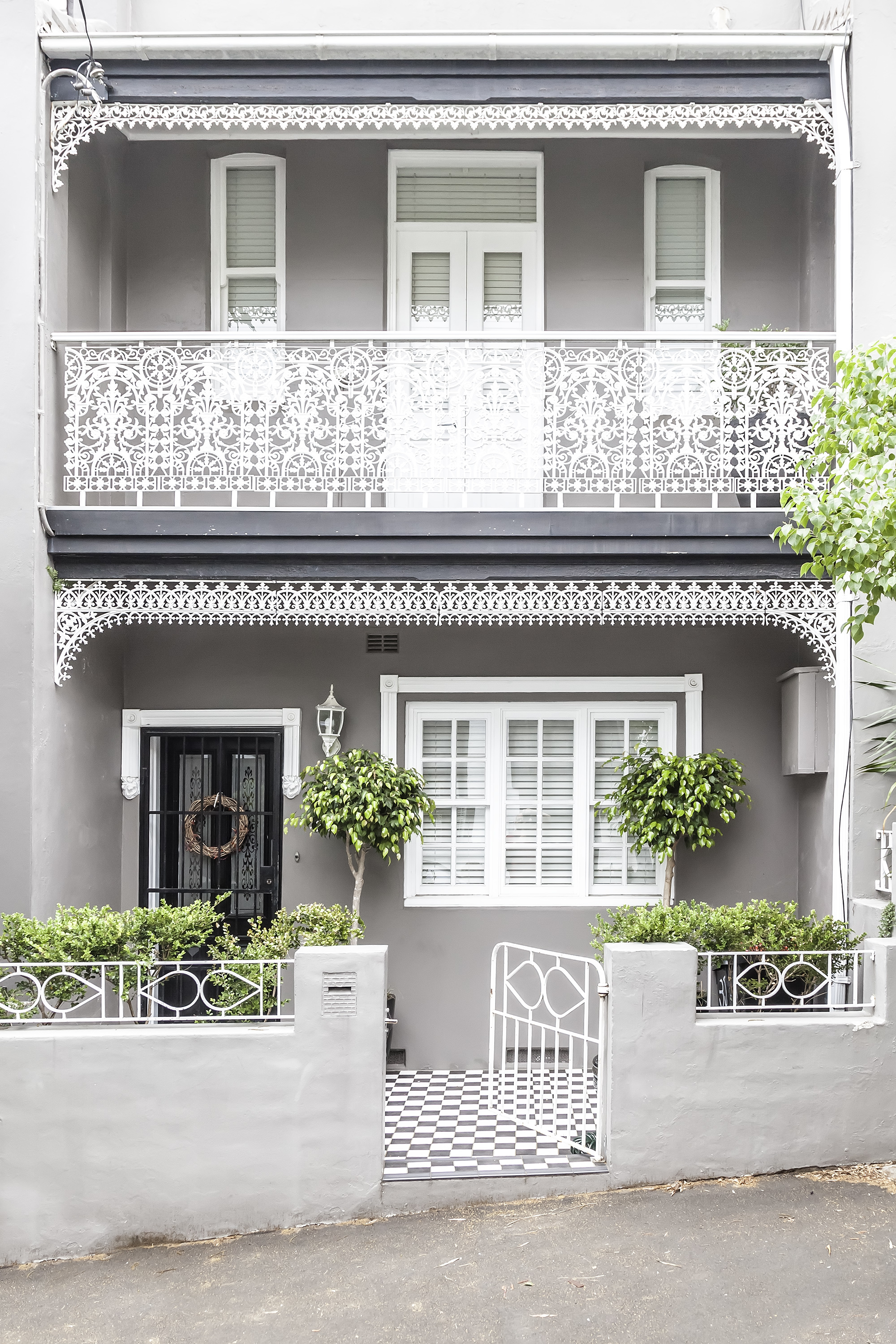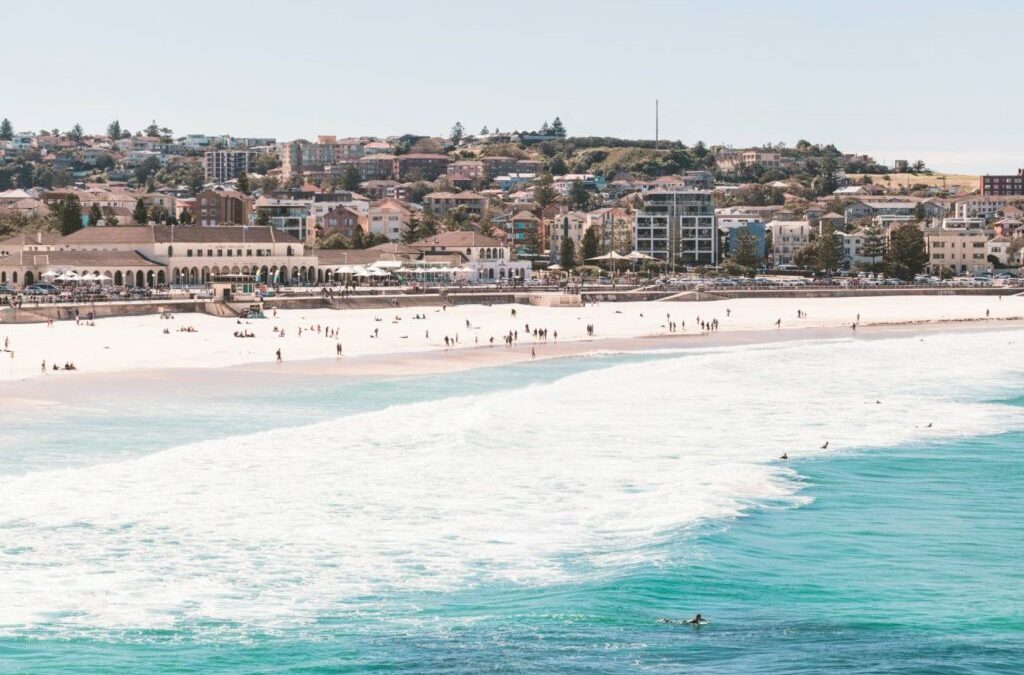How to purchase a property as an Australian expat in 2023

RBA December 2022 Meeting
December 6, 2022
Annandale, NSW a suburb in the spotlight.
January 21, 2023How to purchase a property as an Australia expat in 2023
As we head into the new year of 2023 many Australian expats have the goal of purchasing a property back in Australia, either as an investment property or as a future principal place of residence or owner occupied property.
In 2022 we saw an increase in the central cash rate from 0.10% to 3.10% by the RBA in only a short period of time. The increase in interest rates and the global uncertainty has turned the market on the east coast cities into a buyers market.
This is allowing Australian expats the ability to choose from a greater stock of properties and negotiate on sale terms, when purchasing a property in the current market. Overlay this with a depreciating AUD, many Australian expats are in a stronger position to purchase Australian property in 2023 – with a greater positive AUD cashflow.
How to purchase an property whilst living overseas
When purchasing an Australian property, need to consider the structure of the application. Need to do a full credit assessment of the borrowers income, assets, expenses and liabilities. Covert the foreign financial information to AUD and use that figure for loan servicing purposes.
Overseas expenses may include rent expense, overseas credit cards, car loans, personal loans and your living expenses for yourself and your family which can include things like private school expenses, monthly living expenses, health insurance and travel costs.
Typically Australian expats should aim for a 20-30% deposit. There are lenders that allow a 10% deposit, but a higher deposit will allow a larger selection of lenders available. This can be a mix of cash or equity available in existing Australian property.
How to purchase a future owner occupied property whilst overseas
Similar to purchasing a property whilst overseas, this property would initially be purchased as an investment property. This is because the bank will take the position that as you are using foreign income to service the loan – you will not be occupying the property. There are exemptions to this rule.
Once you move back to Australian in the future and occupy the property. You can provide evidence to the bank that you occupy the property (via a drivers licence address, phone bill) and the bank will change the purpose of the loan from investment to owner occupied. This will reduce the interest charged on the home loan.
How to purchase a property with my spouse who is not an Australian Citizen
Issue that a lot of Australian expats encounter is they have a spouse who is a non-citizen and wish to purchase a property together. An Australian expat is an Australian Citizen – who holds an Australian passport. For this purposes, your tax residence is not taken into consideration.
You will need to confirm the definition of a foreign person with the FIRB (Foreign Investment Review Board) at a federal level.
Also from a state based level, you will need to consider the state you are wishing to purchase the property in. Every state has their own definition on additional foreigner surcharge and important to be across these rules.
If you are captured under this definition, then the non-citizens ownership portion can be subject to an additional 7-8% stamp duty at settlement on top of the regular stamp duty.
How will the bank view my foreign income for loan servicing
Your foreign income will be converting from foreign FX to AUD and shaded back. The amount your income is discounted for loan servicing, will depend on the type of currency and also the lenders credit policy.
Most lenders will shade back by 20% to account for FX risk. This is converted at a spot FX rate or an average rate over 30 days FX trading. Lenders will then either apply loan servicing on the net or gross amount.
For clients located in lower tax jurisdictions, for example living in Dubai – where you pay no personal income tax. It is important to work with lenders that will service the loan on net of tax – to give an accurate borrowing capacity. If you were to apply AU tax rates against the net income, your borrowing capacity is greatly reduced.
Lenders will consider base wage, allowances, cash bonuses (provided they have been paid for two years). They can also consider the vesting of RSU stock options from your employer – provided there is a 3 years or greater history of vesting.
How to reduce my current interest rate on my Australian mortgage
In 2022 the RBA increased the cash rate 8 times from 0.10% to 3.10%. This has resulted in many borrowers on variable rates now seeing their interest rates increase by 3.5-4% during 2022.
Note that Australian banks are still hungry for new business and some will allow you to refinance to a lower rate and even offer you a cash bonus to bring your mortgage business across to the bank.
If that is something you need assistance with, please make a booking using the below link.
How to determine the correct loan structure for my needs
You have the option to have a variable or fixed loan in Australia. You can split the type of loan to the borrowers preference. For example you could have a 50% variable and 50% fixed loan, to hedge the rising interest rate environment.
With variable loans, you can have an offset feature which is a great benefit in a higher interest rate environment. For example you have a $500,000 variable mortgage with an offset account, you have $100,000 in the offset account. The bank will charge the interest on the net borrowings of $400,000. This is a great tool to assist clients in hedge against rising or higher interest rates.
How to work with a great team when purchasing a property
It is important to have a great team that is working for you. Starting with a great mortgage broker, that understands your goals and has access to great expat products for your situation. A buyers agent will work for you and not for the vendor, in researching, sourcing and negotiating on the right property for your goals and finally a great conveyancer to review the legal contracts. Ensure there is not any adverse clauses in the contract to be aware of any potential issues with the property – including council searches, overlays, environmental and flood reports.



